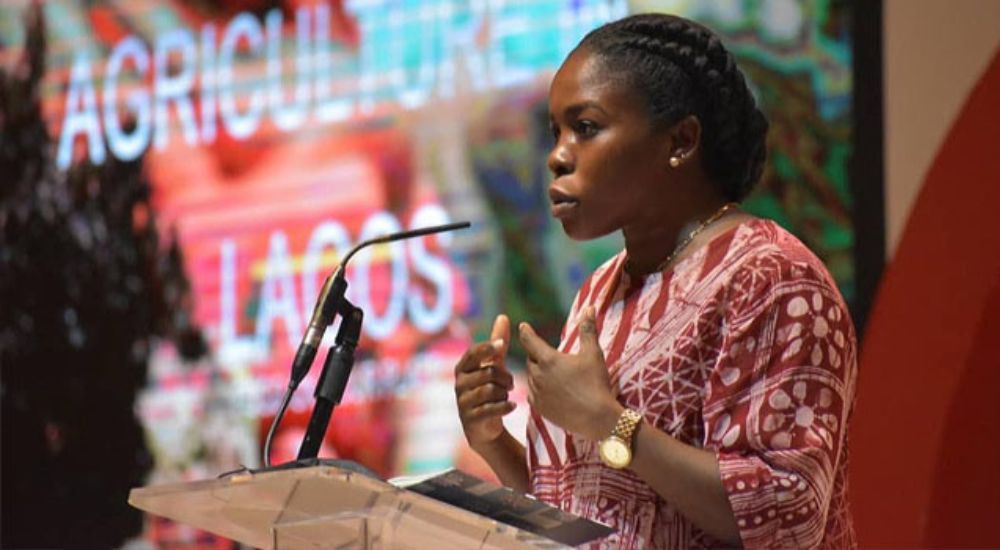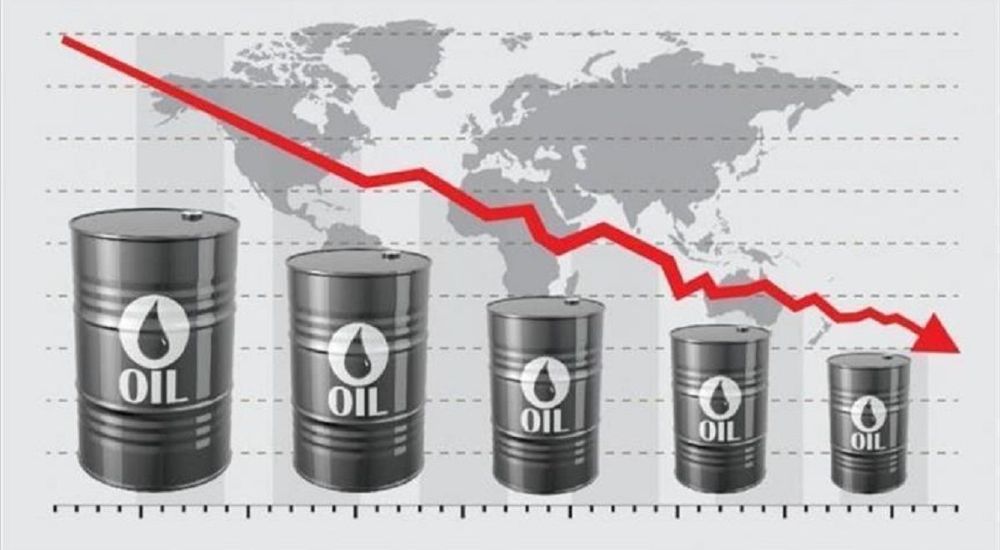Lagos Food Demand Will Rise To N7.96tn Yearly By 2030 – Commissioner

The Lagos State Commissioner for Agriculture and Food Systems. Ms Abisola Olusanya has said that the food demand of the state will rise to N7.96tn per annum by 2030.
Olusanya disclosed this on Tuesday during the ongoing 2025 Ministerial Press Briefing in Alausa, Ikeja, held to mark the sixth anniversary of Governor Babajide Sanwo-Olu’s administration.
Olusanya noted that Lagos is projected to reach a population of about 24 million by 2030, which will raise its annual food demand to approximately N7.96tn.
She added that with current local production levels, Lagos would need to import food worth about ₦3.38tn yearly by 2030 to meet that demand.
To reduce this gap and achieve 40 per cent local production, she said the state must increase food production by about 20 per cent annually.
“The food demand of the state will rise to N7.96tn per annum by 2030. At present, with the local food production output, the state will need to import food worth about N3.38tn per annum by 2030 to meet demand.
“To achieve 40 per cent local production, the state needs to grow its production by about 20 per cent per annum,” Olusanya said.
Speaking on the Mid-Level Agro Produce Hub at Idi-Oro Mushin, she said since its launch in December 2023, food valued at over ₦3bn has been traded at the hub.
She stated that the hub, which was commissioned on December 17, 2023, by Sanwo-Olu, currently operates every Wednesday and Saturday, offering farm-fresh agro produce to Lagos residents.
Olusanya described the Mushin facility as a central pillar of the administration’s food system transformation agenda.
According to her, three additional mid-level agro-hubs are under construction in Agege, Abijo, and Opebi, aimed at further improving food accessibility across the state.
“The Mid-Level Agro Produce Hub at Idi-Oro Mushin was commissioned on the 17th of December, 2023, by Mr Governor and commenced market operations with sales of Farm Fresh Agro Produce every Wednesday and Saturday. So far, the total value of transactions at the Hub since inception is put at over ₦3bn.
“The Hub is the second tier of the food system transformation agenda of the present administration in the state; an additional three Mid-Level Agro Produce Hubs are at various levels of construction at Agege, Abijo and Opebi,” Olusanya said.
The Commissioner highlighted the administration’s wider commitment to agricultural development, including the establishment of the Lagos Cattle Transit Station, ranches, and the Central Food Security Systems and Logistics Hub in Epe.
These efforts are supported by a five-year agricultural and food systems roadmap and a food security systems policy document designed to guide sustainable growth in the sector.
The Commissioner also highlighted the achievements of the Lagos Rice Mill in Imota, which has produced over 240,127 50kg bags of rice and created more than 10,000 direct and indirect jobs.
She noted that to ensure the mill’s sustainability, the state government has partnered with several organisations for paddy production and technical support.
In addition, she said the Ounje Eko Food Discount Market Project has provided subsidised food items to 800,000 households, while 3,726 poultry and fish farmers have benefitted from subsidised feed under the Ounje Eko Farmers’ Subsidy Programme.
Olusanya said, “Lagos has provided 800,000 households with subsidised food items under the Ounje Eko Food Discount Market Project, supported 3,726 poultry and fish farmers with subsidised feed under the Ounje Eko Farmers’ Subsidy Programme, trained 300 youths in apiculture (bee keeping), and empowered 70,200 beneficiaries across all value chains with agricultural inputs and production assets.
“The state also constructed farm access roads (13km) and six jetties and 15 cottage processing centres for farmers across the state under the APPEALS and Lagos CARES projects in collaboration with the World Bank and implemented youth-centric programmes/projects, like the Lagos Agric Scholars Programme (LASP), Agrinnovation Club/Agrithon Fund and Eko Flavours competition.”
Lagos Food Demand Will Rise To N7.96tn Yearly By 2030 – Commissioner is first published on The Whistler Newspaper




